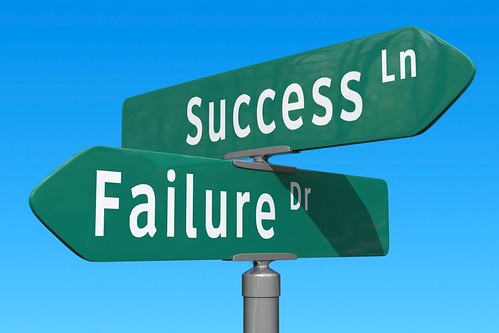From when I was young, I remember a conversation between my Dad and my Uncle Keith. Uncle Keith worked for the navy in a job which involved the use of computers in their early form. Dad was pointing out how easy these computers must make it for Keith to do his job these days, and in response Keith just sighed and shook his head sadly,
"Naaaa, not really, all that happens now is that I'm given even more to do, and expected to do it better and faster."
This is the crux of my 'content explosion theory'. In my day at school, producing a project of some sort would require quite a bit of handwriting, drawing, colouring, cutting and sticking. All this is time consuming to a left-handed ponderous worker like myself. The resulting masterpiece would be handed in and marked by my long suffering teachers. This process was likely to take a couple of days, a week or even longer. Therefore the balance of work produced to work returned marked, was relatively easy to maintain for my teachers.
Spring forward to my internet, iPad and 1 to 1 enabled classroom and it doesn't quite work like that anymore. Were I to let them, my students could produce one of those type of projects every day, 'internet' researched. Including professional looking graphics and a decent amount of design awareness.
Similarly my students can produce extended pieces of writing, shoot and edit films, create an Explain Everything to er... explain something and more. This volume of material just keeps coming forth, mounting up like European wheat waiting to be consumed by an overnourished and time-poor populace. Pearson refer to the ‘Digital Ocean’ in regards to data on students, but this is also a mass of content that is growing daily, not just data, and it is all out there.
This became a real problem in the early days of the 1 to 1 roll out in my class. The students were on a creation frenzy, encouraged by me to choose their own method of demonstrating their learning, they began creating piles and gigabytes of 'stuff'. Stuff that there was never any chance that I was going to have enough waking hours to consume, mark and feedback on. I caught myself contemplating what I could do to 'slow them down' but soon realised this was not the kind of place I wanted to be in. Slowing down students who were desperate to create was the antithesis of what I was after.
So I came up with a few techniques I have begged, borrowed and stolen from wherever I could to turn this opportunity into a much deeper and more powerful learning experience. These are things that good learning and teaching has always needed, but become particularly relevant in the creative 1 to 1 environment:
1. Focus heavily on the audience.
For each piece of learning where my students will be creating something to demonstrate their understanding, I give them an audience. Peers from elsewhere in the world or younger/older children from my own school have worked well. Parents and other adult audiences can be used effectively too. This focuses the students on how their work will appeal to the chosen audience, and consider the needs of that audience when assembling their pieces. For example, my Y5 maths group created iBooks to teach Y2 children all about shapes. They also designed a lesson, with activities, to teach Y3 students about how to stay safe when using the internet. Getting them to teach the lesson was a huge learning experience.
2. Focus on the process.
How are they going to achieve what they need to? What do they need to know? How can they present what they know? Which methods will be most effective? As they are working, how can they check that their approach is working? A colleague and I are developing a template proforma with guiding questions to facilitate these kind of questioning activities and to develop a process based approach to learning tasks.
3. Focus on the quality of the end product.
Now there are better tools for the job, the job needs to be completed to a higher standard. This will generally still be reflected in the amount of time students spend on creative projects. If it is quick and easy to do, has it been done well enough? For example, authoring an iBook is a task that can be done very quickly, but usually a much better end product will result from taking time to draft and redraft the text, create the artwork and carefully design the layout for maximum effect. During this process is where you as a teacher can use timely feedback/advice to guide and influence the learners towards improvement. If you want to know more about assessing learning at a deeper level, check out some great thinking here, at Mindshift.
4. Do something 'real' with it.
Although I am probably more interested in the process the students have gone through, than the end product. It is still something that needs to be valued. Follow through with the audience anyway you can think of. Skype, exhibitions, sharing times, blogs, film shows, exit point events, teaching a lesson and publishing a book are just some of the ways. Remember, a truly good audience will be able to give some kind of feedback, and enable the students to reflect on how successful they were this time.
Is everything I do with my students set up like this? No, it's not. But I do connect the other learning tasks we do to the overall end products, so students can see the reasons for each task, and how it leads into their wider learning.





